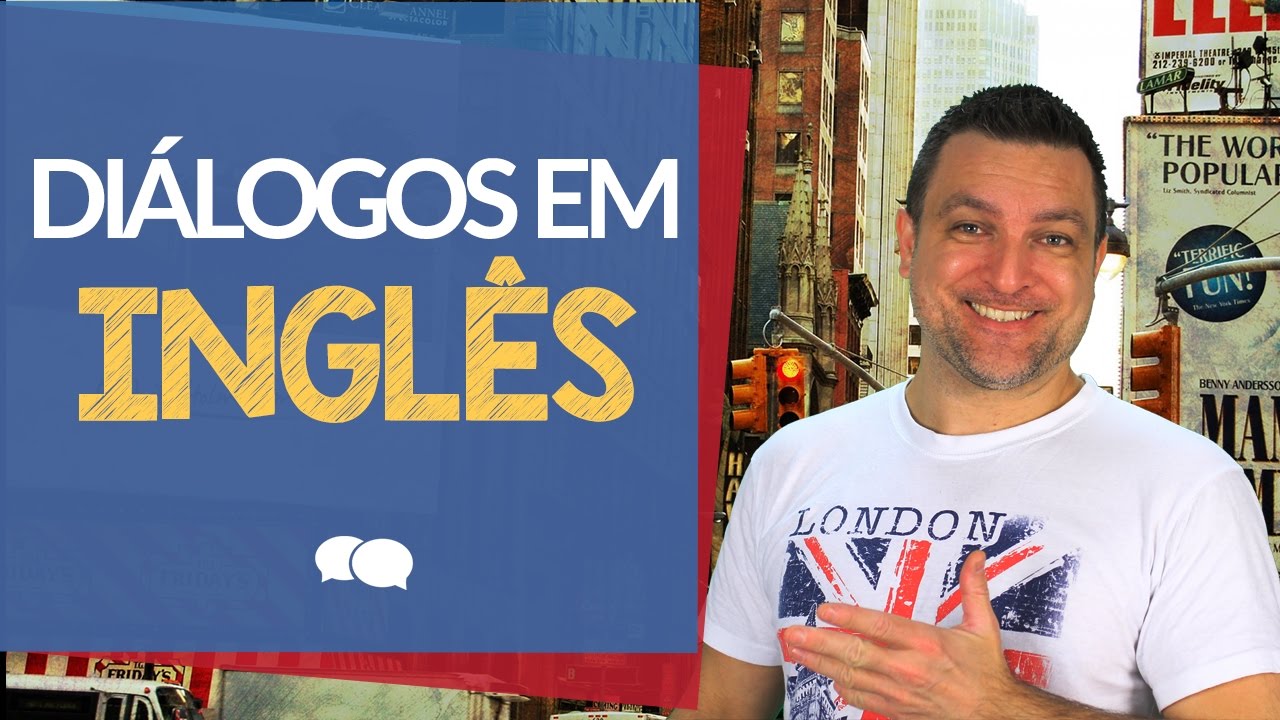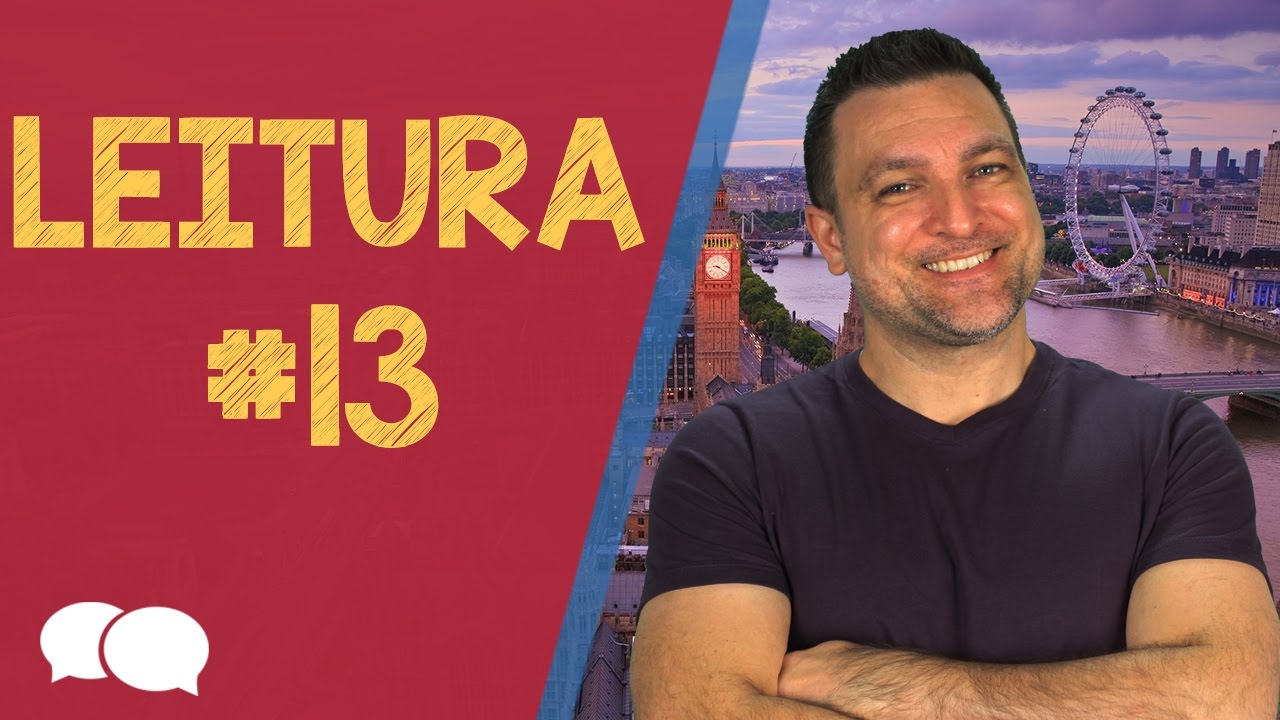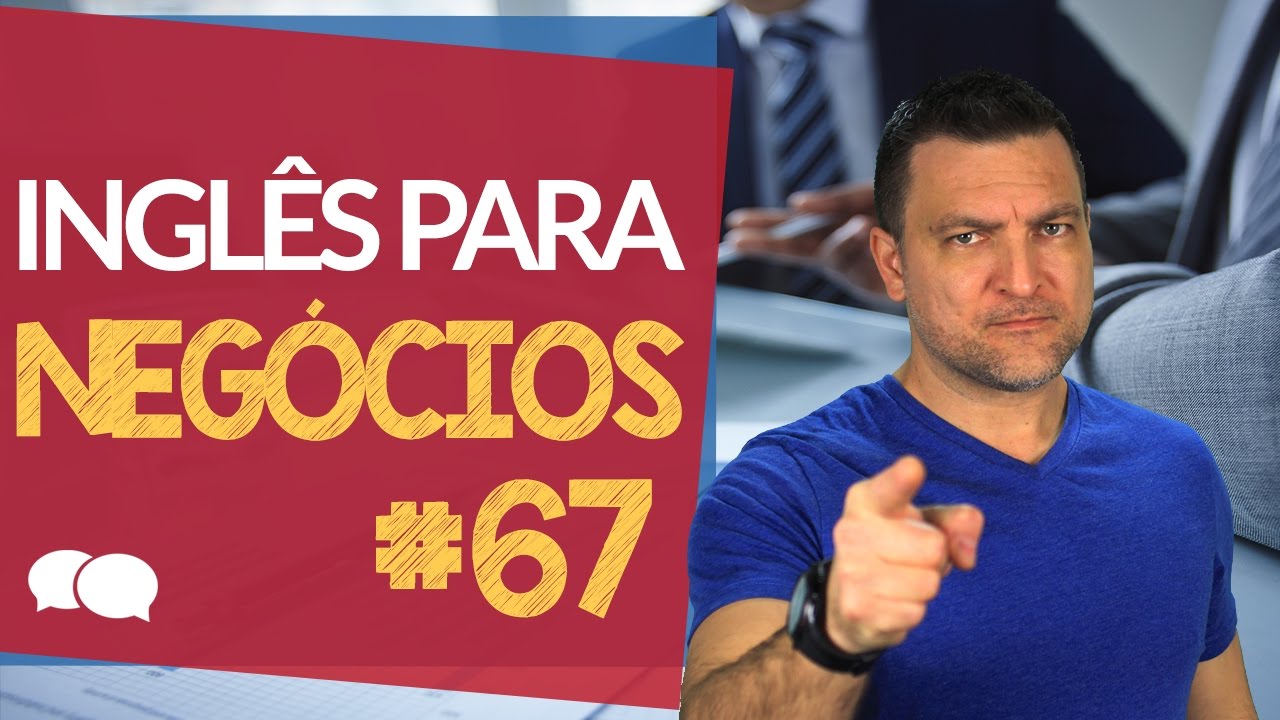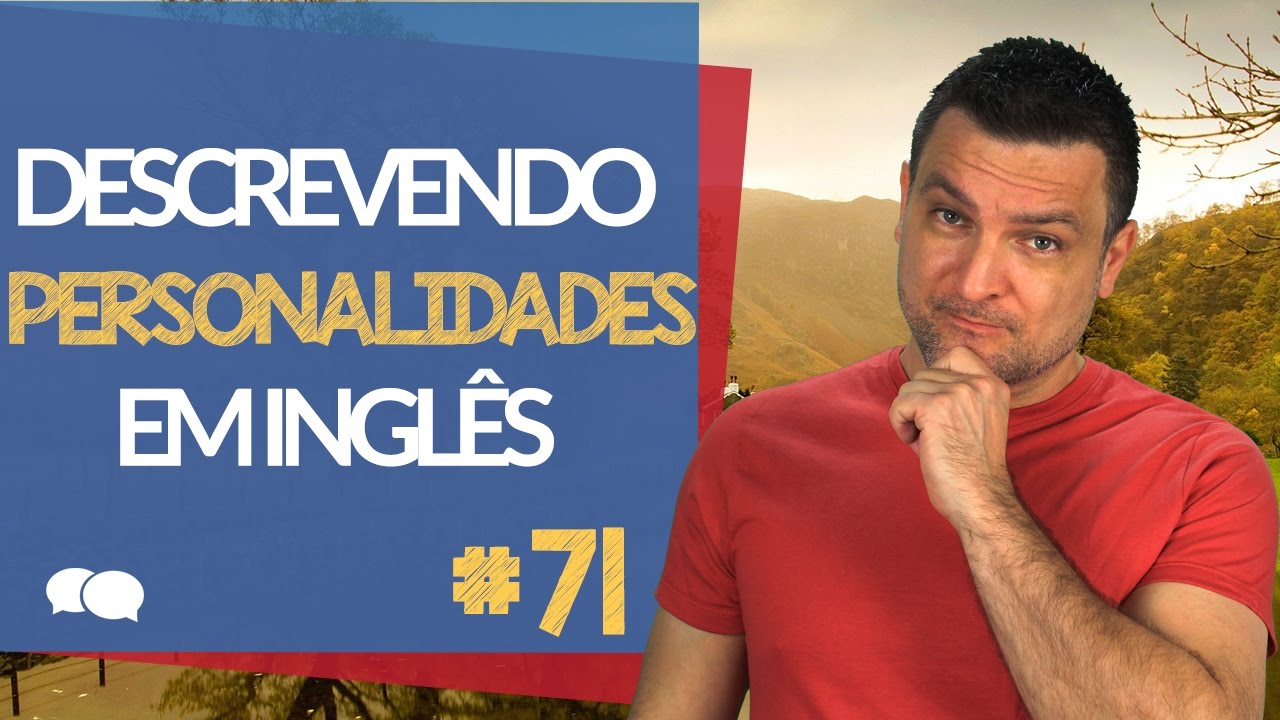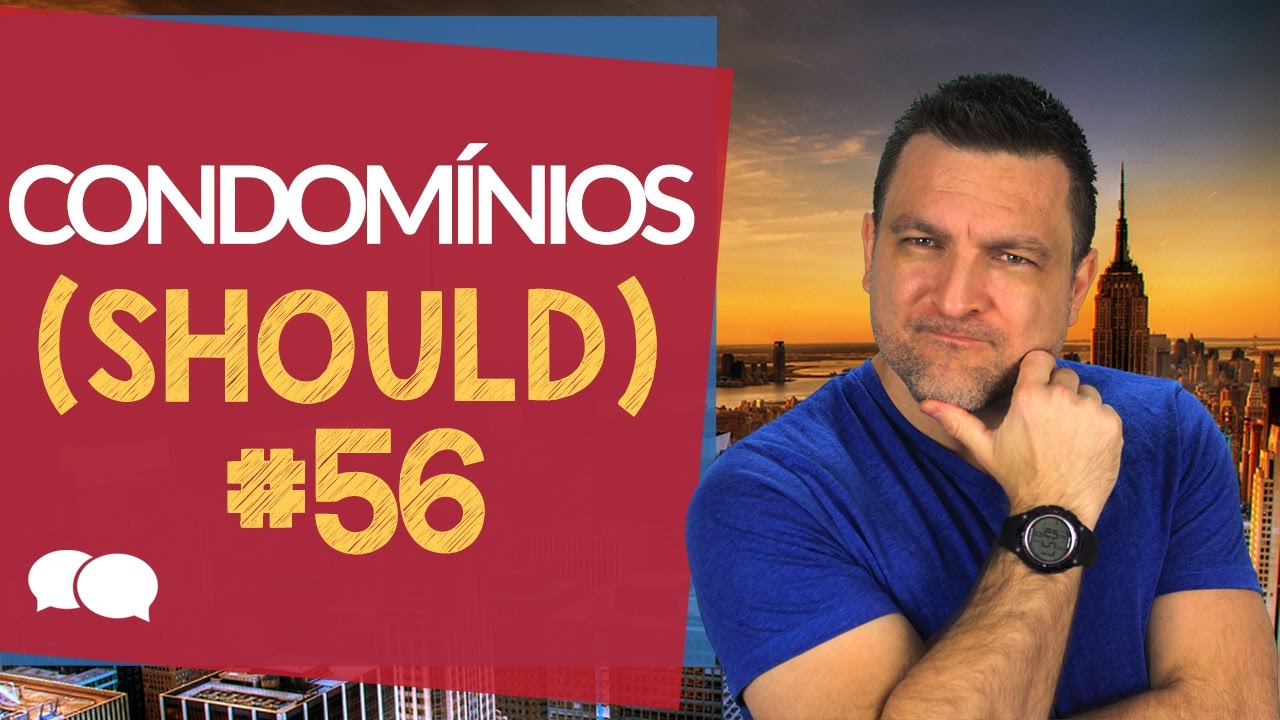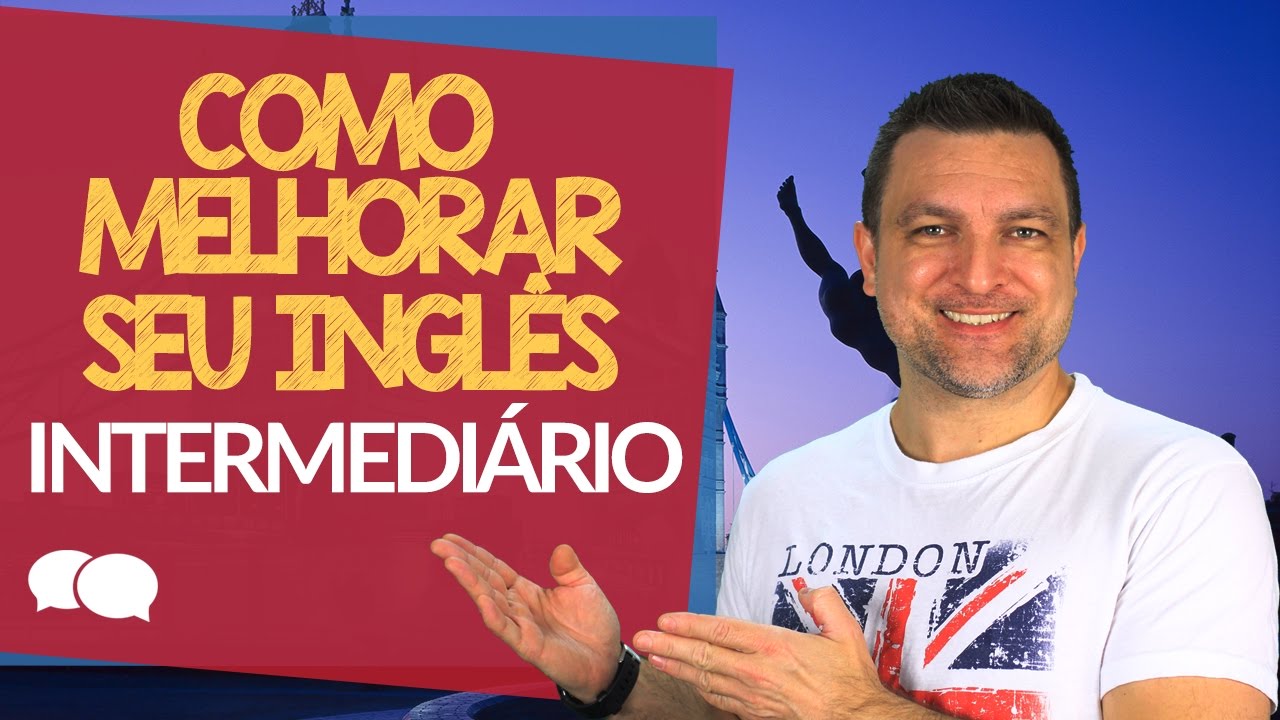Hello friends and welcome back to another post!
Hoje veremos vocabulário no consultório médico em inglês. Vamos ler um texto sobre o assunto, conferir o vocabulário e depois fazer uns exercícios. Acompanhe a leitura do texto em voz alta para treinar sua pronúncia. So, let’s get started!
A visit to the doctor’s office
I didn’t feel well this morning so I called my doctor’s office. I was lucky to get an appointment this afternoon at 4:40. It is the beginning of the year so when I arrived at the office, I had to fill out new insurance paperwork and a health history form to update my information.
When I turned in the paperwork the receptionist asked for my $20.00 co-pay. My co-pay is the part of the bill that I have to pay. Insurance pays the rest. It was late in the day and the office was behind schedule so I had to wait 45 minutes. Finally, the nurse called my name and took me back to an examination room.
On the way she weighed me and measured my height. I hate being weighed with my shoes on because it adds at least 3 extra pounds. When we got to the examination room she took my vital signs including my temperature and blood pressure. She asked me what was wrong with me today and then I waited until the doctor came in.
After looking me over and asking a few questions, the doctor’s diagnosis was that I had a sinus infection. He wrote me out a prescription for antibiotics and had his nurse e-mail it to the drug store. I picked up my medicine on the way home and already I am feeling better.
Uma visita ao consultório médico
Eu não estava me sentindo bem essa manhã então eu liguei para o consultório médico. Eu tive sorte de conseguir uma consulta de tarde às 16:40. É início de ano então quando cheguei no consultório, tive que preencher uma nova documentação do seguro e um formulário de histórico de saúde para atualizar minhas informações.
Quando entreguei a documentação a recepcionista pediu o meu copagamento de $20 dólares. Meu copagamento é a parte da conta que preciso pagar. O seguro paga o resto. Já era tarde e o consultório estava com a agenda atrasada então eu tive que esperar 45 minutos. Finalmente, a enfermeira chamou meu nome e me levou para a sala de examinação.
No caminho ela me pesou e mediu minha altura. Eu odeio ser pesada com meus sapatos porque eles adicionam 1,3kg. Quando chegamos na sala de examinação ela mediu meus sinais vitais incluindo minha pressão. Ela me perguntou o que havia de errado hoje e então eu esperei até o médico me chamar.
Depois de me examinar e fazer algumas perguntas, o diagnóstico do médico foi que eu tinha sinusite. Ele me escreveu uma receita para antibióticos e pediu para a enfermeira enviar por email para a farmácia. Eu peguei meu medicamento no caminho para casa e já estou me sentindo melhor.
Vocabulário
Lucky – fortunate. — Sortudo.
On the way – while. — No caminho.
Insurance – an agreement in which a person makes regular payments to a company and the company promises to pay money if the person is injured. — Seguro.
Height – how tall a person is. — Altura.
Update – get the latest information. — Atualizar.
Weighed – measurement of weight. — Pesar.
Turned in – returned to the authorities. — Devolver.
Vital signs – heart rate, pulse, blood pressure, temperature. — Sinais vitais.
Co-pay – the amount of money a person pays that the insurance does not pay to a medical facility. — Copagamento.
Diagnosis – the doctor’s opinion about what is wrong with the patient. — Diagnóstico.
The rest – the balance. — O restante.
Drug store – pharmacy. — Farmácia.
Sinus infection – an infection of the sinus cavities in the head. — Sinusite.
Behind – delayed. — Atrasado.
Prescription – a paper that the doctor writes which tells the pharmacist what medicine to give the patient. — Receita, prescrição.
Perguntas
The author got a doctor’s appointment…
- today.
- yesterday.
- tomorrow.
What two documents had to be filled out?
- the health history and the insurance paperwork.
- the application and the medical file.
- the insurance paperwork and the application.
The author paid … she saw the doctor.
- before.
- after.
- while.
In the doctor’s office it was…
- busy.
- empty.
- cold.
Weight and height are measured…
- in the waiting room.
- in the examination room.
- on the way to the examination room.
The doctor decided that the patient had…
- a diagnosis.
- a sinus infection.
- a prescription.
Respostas
1, 1, 1, 1, 3, 2.
Amigos, ficamos por aqui hoje. Essa foi nossa leitura de hoje para aprender vocabulário no consultório médico em inglês. Confira mais leitura em inglês. Até a próxima!
TRANSCRIÇÃO DO VÍDEO
(O texto a seguir é uma transcrição completa e sem edições do vídeo.)
A visit to the doctor’s office. I didn’t feel well this morning so I called my doctor’s office. I was lucky to get an appointment this afternoon at 4:40. It is the beginning of the year so when I arrived at the office, I had to fill out new insurance paperwork and a health history form to update my information. When I turned in the paperwork the receptionist asked for my $20.00 co-pay. My co-pay is the part of the bill that I have to pay. Insurance pays the rest. It was late in the day and the office was behind schedule so I had to wait 45 minutes. Finally, the nurse called my name and took me back to an examination room. On the way she weighed me and measured my height. I hate being weighed with my shoes on because it adds at least 3 extra pounds. When we got to the examination room she took my vital signs including my temperature and blood pressure. She asked me what was wrong with me today and then I waited until the doctor came in. After looking me over and asking a few questions, the doctor’s diagnosis was that I had a sinus infection. He wrote me out a prescription for antibiotics and had his nurse e-mail it to the drug store. I picked up my medicine on the way home and already I am feeling better. Vocabulary. Lucky – fortunate. On the way – while. Insurance – an agreement in which a person makes regular payments to a company and the company promises to pay money if the person is injured. Height – how tall a person is. Update – get the latest information. Weighed – measurement of weight. Turned in – returned to the authorities. Vital signs – heart rate, pulse, blood pressure, temperature. Co-pay – the amount of money a person pays that the insurance does not pay to a medical facility. Diagnosis – the doctor’s opinion about what is wrong with the patient. The rest – the balance. Drug store – pharmacy. Sinus infection – an infection of the sinus cavities in the head. Behind – delayed. Prescription – a paper that the doctor writes which tells the pharmacist what medicine to give the patient. The author got a doctor’s appointment… a. today. b. yesterday. c. tomorrow. What two documents had to be filled out? a. the health history and the insurance paperwork. c. the application and the medical file. c. the insurance paperwork and the application. The author paid … she saw the doctor. a. before. b. after. c. while. In the doctor’s office it was… a. busy. b. empty. c. cold. Weight and height are measured… a. in the waiting room. b. in the examination room. c. on the way to the examination room. The doctor decided that the patient had… a. a diagnosis. b. a sinus infection. c. a prescription.

